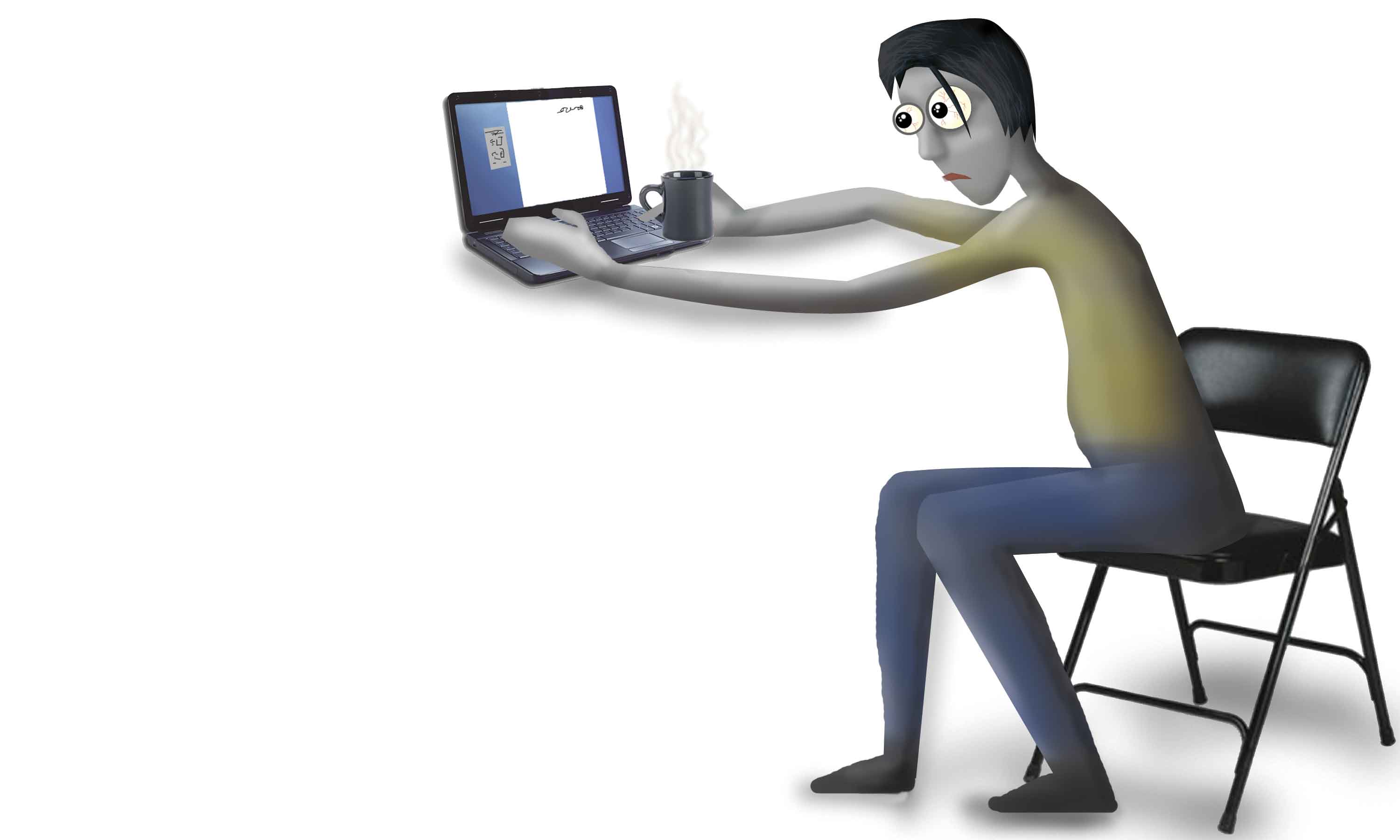All-nighters: studies show sleep deprivation can affect weight, immune system and memory formation

Read the rest of the stories from Quest for rest
Workers stay up all night to help patients at the UCLA Sleep Disorders Laboratory
Q&A: Chancellor Gene Block discusses his research on sleep and circadian rhythms
By Nicole Arulanantham
April 13, 2011 5:39 a.m.
Shizuka Lei prepared herself for the mountain of work ahead of her, knowing she was in for a long night.
The second-year chemistry student was about to face her first all-nighter of the quarter, a feat she would repeat at least once more in the following weeks.
Nights of frantic studying in place of sleep seriously undermine the body’s ability to form permanent memories and have damaging effects on the immune system and other vital functions, said Robert Stickgold, director of the Center for Sleep and Cognition at Harvard University.
The exact processes behind memory formation are not precisely known, but researchers have been able to study the short-term effects.
The transfer of memory from a temporary location in the brain to a more permanent one is a sleep-dependent process, Stickgold said.
Someone who is taught to perform a task during the day and who then stays awake all night will not only display a poor grasp of what she learned when she tries to recall it the following day, but years later as well, Stickgold said.
“Before a midterm or a final, I would always get at least three or four hours of sleep, because you need that rest to help you mentally prepare,” Lei said. “I used to pull all-nighters before tests in high school, but when it came time to take the test, I was just mentally exhausted.”
From a cognitive psychology standpoint, the loss of one night’s sleep will not cause significant harm, said Robert Bjork, a psychology professor at UCLA.
When Bjork instructed freshmen about forming good study habits, he emphasized that they should stay up as late as necessary to study for an exam if they had not adequately prepared beforehand.
“Someone always said, “˜Mom said I need to get my sleep,'” Bjork said. “But if you’re not prepared and don’t know the material, you won’t make something out of nothing while you sleep.”
But pulling an all-nighter can weaken the immune system, Stickgold said. In a Harvard study, a group of people were given a hepatitis vaccination, and some were told not to sleep afterward. Those who stayed up all night were found to have developed 50 percent fewer antibodies than those who had adequate rest.
Another test at Harvard found altered insulin levels in college students who slept four hours a night for five consecutive nights.
The change caused students to appear pre-diabetic, and Stickgold said this suggests that regular sleep deprivation could lead to weight gain. Caffeine may help students feel awake in the morning, but if they have not gotten enough sleep, prediabetic symptoms could still develop, Stickgold said.
There are, however, some people who seem unaffected by pulling an all-nighter, said Namni Goel, a psychiatry professor at the University of Pennsylvania.
Those observed normally slept seven to eight hours a night but did not display typical signs of fatigue after a sleepless night, she said. Goel and other researchers are currently studying this effect.
“When exposed to sleep loss, some don’t show the classic deficits in attention and cognition,” Goel said. “It depends on the outcome you’re looking for. There’s no hard-and-fast rule, and there are lots of individual differences.”
Lei said she only pulls all-nighters about two or three times a quarter. On average, she alternates between five, six and seven hours of sleep per night. She occasionally naps during the day and sleeps in late on weekends, a practice that Stickgold said is not enough to compensate for lack of sleep during the week.
While these tactics will help a person feel more rested, the immune system will not automatically recuperate, Stickgold said.
The additional hours of rest will not be enough to repair the damage done by repeated nights of inadequate sleep, he said.
“If you sleep longer on the weekend than you do during the week, you need more sleep,” Stickgold said.
“If you can’t get up in the morning without an alarm clock, you need more sleep. People think if you can cure your sleepiness, you’re doing fine, but you’re not.”


